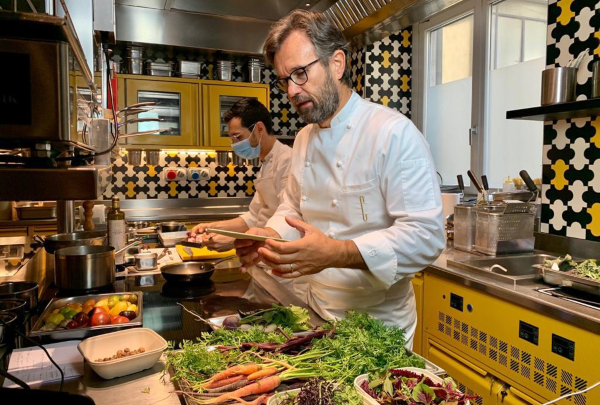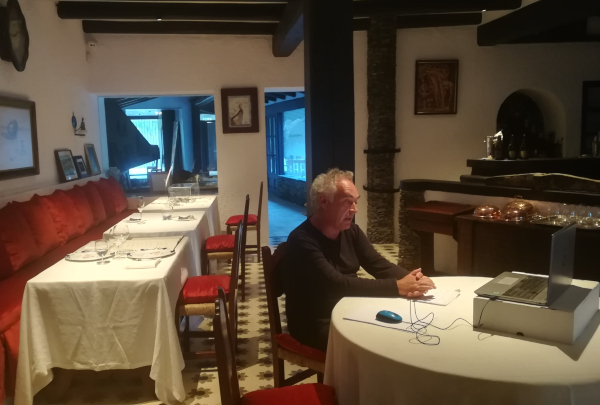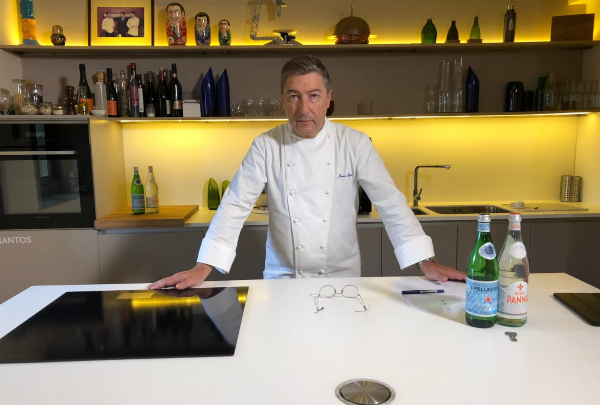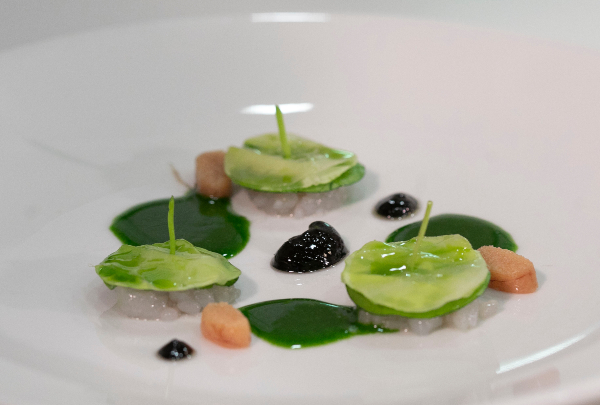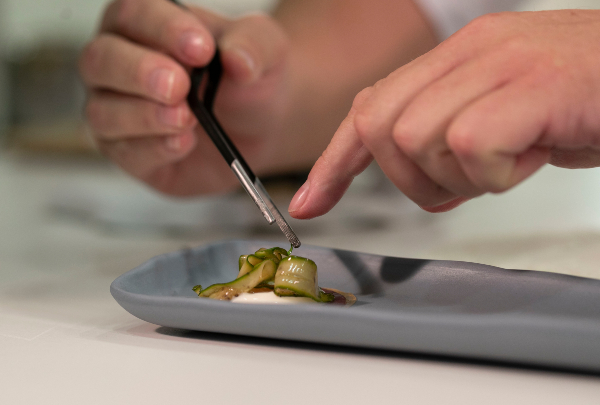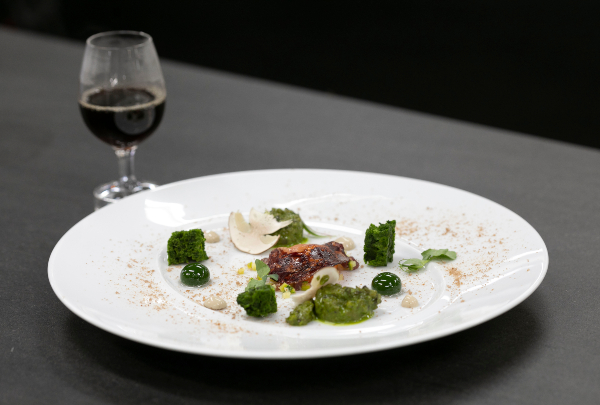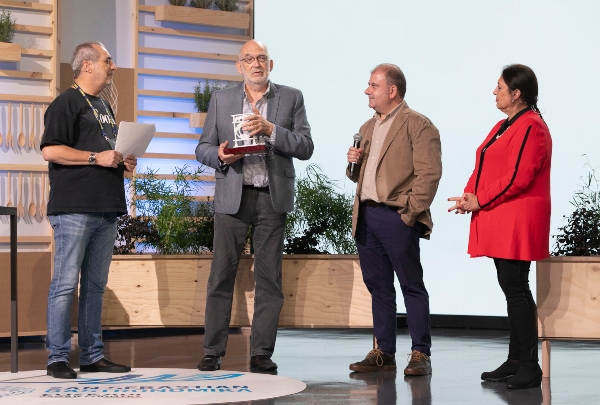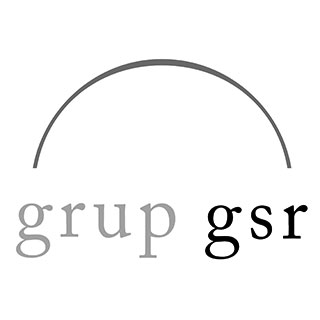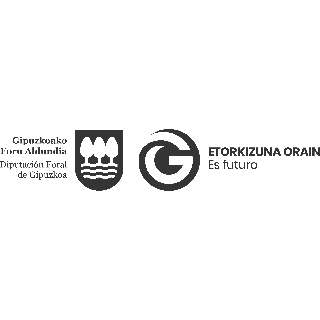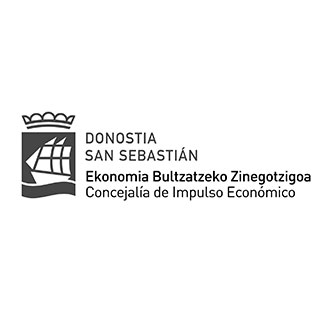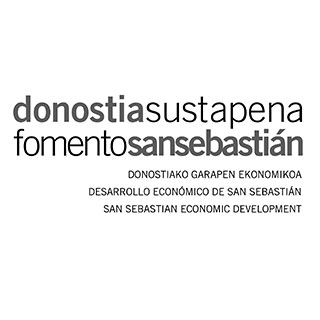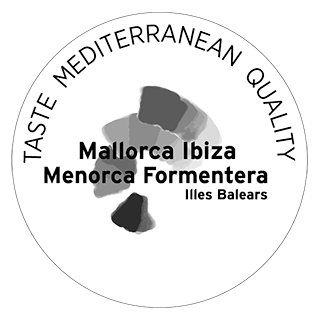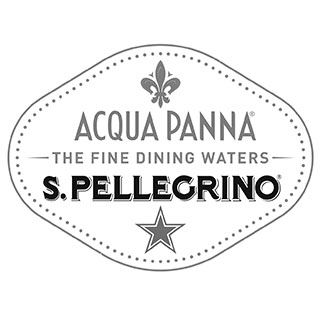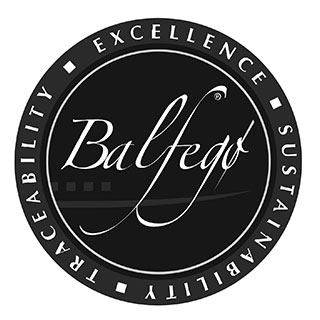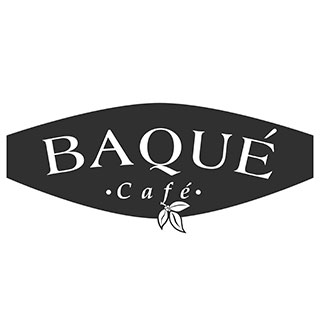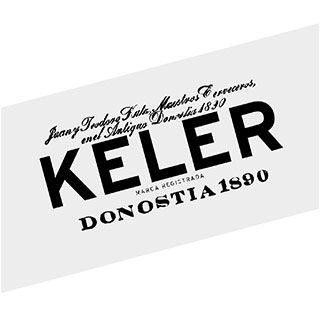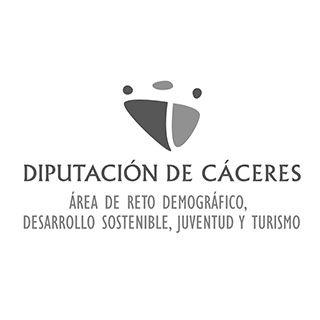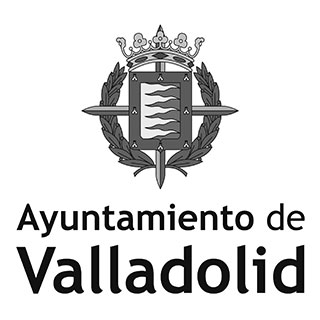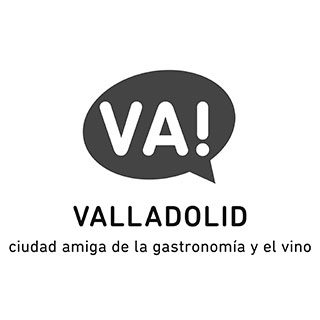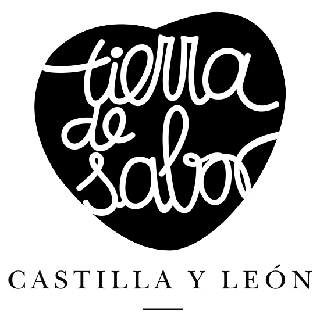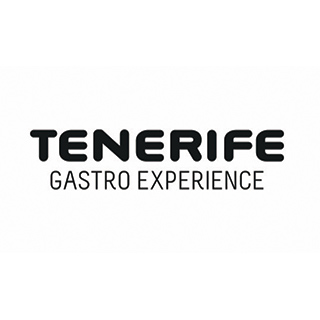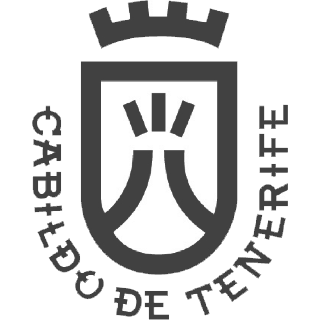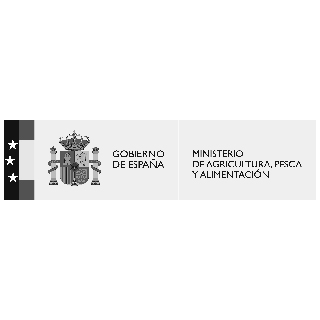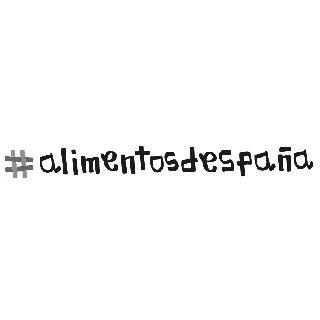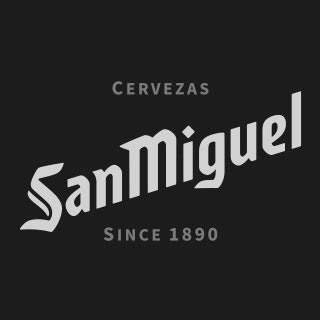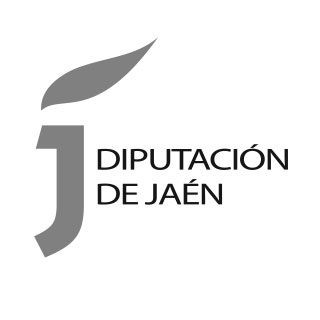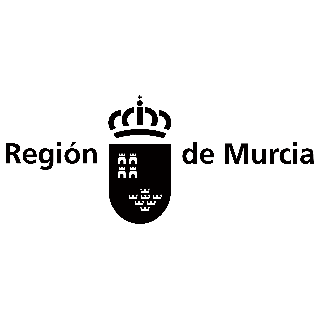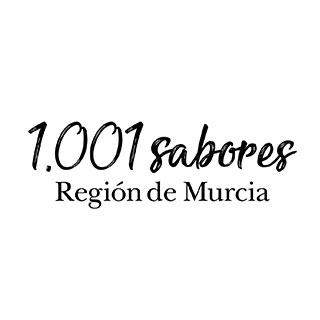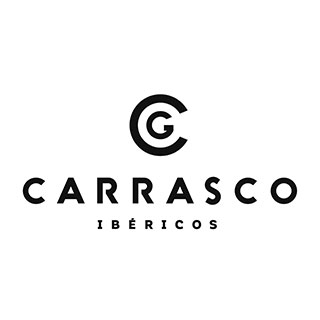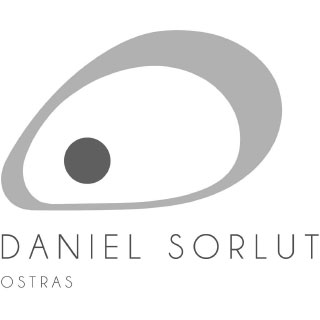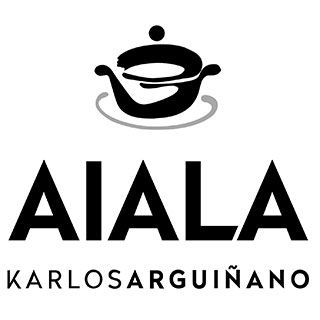News
Gennaro Esposito: “By turning each part of a product into an ingredient, we enhance it”
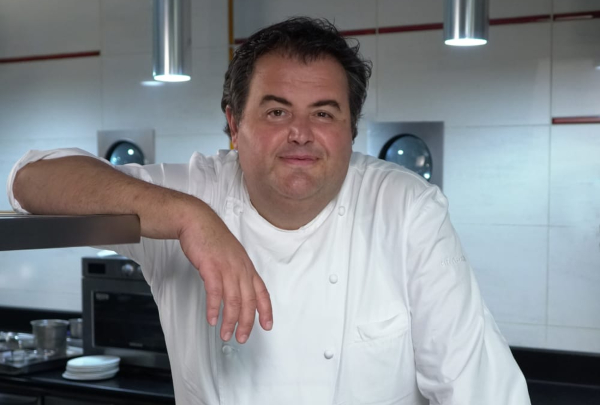
Traditional Italian cuisine from the Thyrrenian sea
Defending zero-waste cooking, Gennaro Esposito has stressed the importance of combining tradition and technology to achieve a genuine cutting-edge cuisine at San Sebastian Gastronomika- Euskadi Basque Country.
From the kitchens at La Torre del Sarracino**, on the doorstep of the Sorrento peninsula, Gennaro Esposito welcomed the San Sebastian Gastronomika – Euskadi Basque Country cameras; who he allowed to delve into his personal vision of Mediterranean cooking, “a cuisine that is powerful, authentic, but above all is modern, and has inspired cooking all over the world”. It is a culinary tradition that Esposito has paid tribute to in his presentation at the congress with the preparation of three dishes with a markedly Mediterranean accent.
A prickly pear was the main focus of the first of these. The fruit of which was accompanied by aromas that were as Mediterranean as the plant itself: a compound of bitter orange, refined aniseed and almond paste. And Esposito continued to play with the ingredients “to arouse some incredible sensations” and to exude aspects of the Mediterranean by adding thyme and fennel, “herbs that are a unifying element, where the sea connects with the land”, because for the Italian chef produce from the sea is just as Mediterranean as what is in the vegetable garden.
Gennaro Esposito continued offering “Italian cooking in a single mouthful” with a proposal based on red mullet. It is a fish with which he prepared “a dish with strong flavours but which are in harmony”. Mullet liver paste with squeezed lemon to reinforce the taste of the fish, black olive paste for a bitter touch –“my obsession in cooking”- and a sauce of white wine, tomatoes and various parts of the ground red mullet to make a subtle mayonnaise to accompany the fish with. The Italian took the opportunity here to champion “bitterness as a characteristic taste of my country’s palate; a bitterness –that is ours- which is not offensive but subtle and really natural”. It’s a question of palates, which is a question of culture, and Esposito recalled that “taste in the Mediterranean is highly educated and extremely demanding because a great many civilisations have passed through here and we have learnt from all of them”.
Gennaro switched from traditional culture to zero-waste culture. “Using sustainable produce and making the most of its possibilities. This is the modern side of our cooking”. He showed this with his final dish, a cuttlefish of which he made use of all the parts in preparing it: the bone, dried; the ether, emulsified; a raw part of the cuttlefish itself, and the tentacles, cooked slowly and emulsified to create a kind of risotto replacing the rice grains with bits of the tentacles. A master class on “how we can get numerous ingredients out of a single product”. Making the most of them and enhancing them, so that by presenting them like this “diners can discover parts of a product that they didn’t know about before”. Gennaro Esposito thinks that this zero-waste culture is vital in cooking as he always works according to the maxim of “using sustainable ingredients that produce as little environmental impact as possible”; something that fortunately is now possible “with all the technology and innovations that we have in our kitchens”. The foundation is traditional cooking to which he adds technology and from “playing with culture” new cutting-edge ideas emerge. Basically, as Esposito himself recognises, “what is most important is to enjoy yourself in the kitchen”. We have no doubt that this is true in his case.
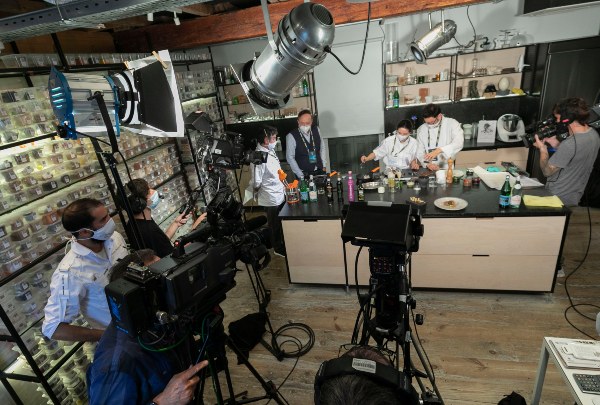
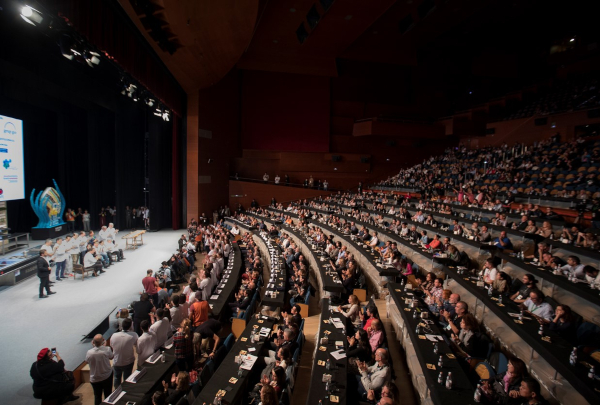
.jpg)
